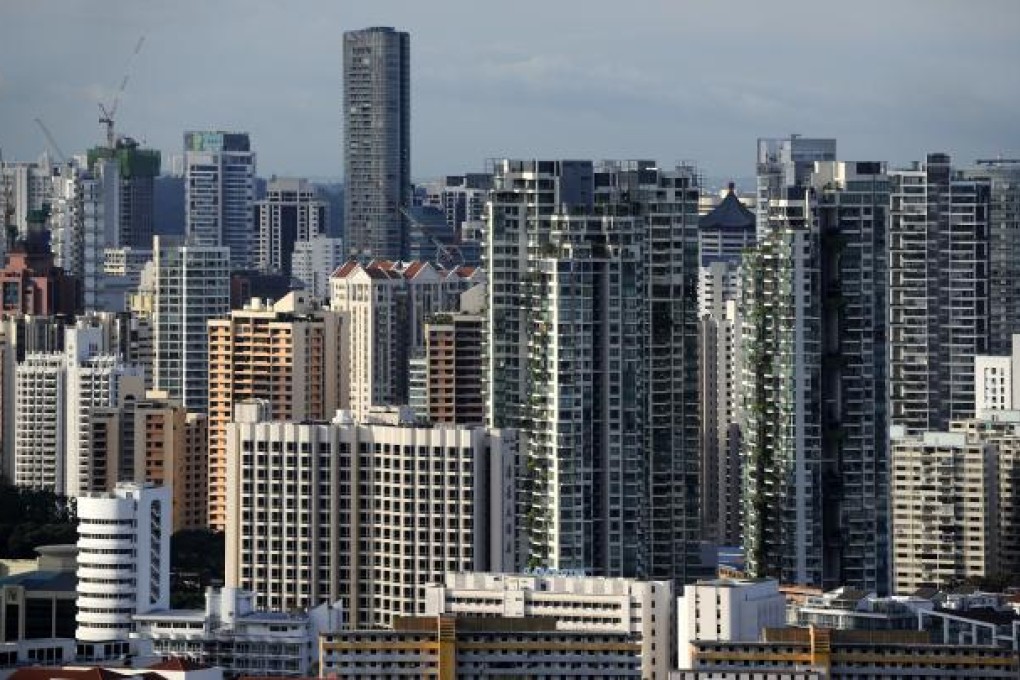Singapore property taxes aim to deter foreign speculators
The Lion City's property taxes, like HK's, target overseas investors, writes Peta Tomlinson

Singapore and Hong Kong are neck-and-neck competitors on so many levels, including their property markets. Prime real estate in both regional hub cities is considered a safe asset class, and one made even more desirable these days by the uncertainty elsewhere.
The resultant runaway prices have led their respective governments to impose a series of market cooling measures. In both cases, speculative foreign investment is the primary target.
In the latest round, Financial Secretary John Tsang Chun-wah announced on February 22 that an across-the-board doubling of stamp duty on residential and non-residential properties would apply to all buyers who are not permanent residents. Warning that "the risk of an asset bubble is increasing", Tsang said that a further 2 per cent price rise in January this year had pushed prices up by 120 per cent since the trough of 2008, "and the momentum is continuing".
Singapore countered just days later with additional taxes on luxury homes and investment properties, effectively adding anywhere from 12 to 20 per cent to the purchase price. The Lion City's latest announcement by Finance Minister Tharman Shanmugaratnam followed January's increase to 15 per cent of the Additional Buyer's Stamp Duty (ABSD) payable by non-Singaporean property buyers, a year after it was first introduced at 10 per cent. The government was reacting after prices climbed to a 2012 fourth-quarter record high, yet private home sales continued to soar - by a reported 43 per cent - in January. Seemingly, what one commentator called "a worrying trend", it has not deterred foreign investors.
But will this latest round stop speculators? Alan Cheong, director of Savills Singapore, believes it might. Cheong says: "The key feature of the latest budget on residential properties is that even unoccupied premises will be taxed. This has the effect of forcing individual owners and corporates, who hold untenanted units, to [put] them on to the market at a time when expatriate rental budgets are constrained and the number of foreign professionals, managers, executives and technicians coming here is slowing.
A decline in rental yields at this juncture can create problems because the probability of interest rates rising has simultaneously increased."
